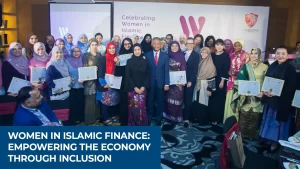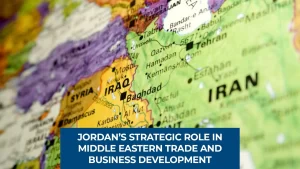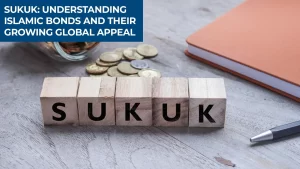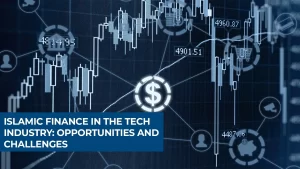The Evolution of Islamic Insurance
As society evolved so has the Islamic insurance system which is also referred to as Takaful. Increasingly, it differs from conventional insurance contracts which often involve elements of Gharar and Riba that are prohibited in Sharia law hence Takaful based on the principles of Sharia operates on elements of mutual assistance and risk sharing. Dr. Raed El Omari, a Jordan business expert has outlined a detailed analysis of this evolution and its engines.
Early Development and Growth
In as much as Islamic insurance has been practiced today, it goes back to the early practices of cooperation among Muslims in sharing the risks. In the last few decades also the process of legalization of Takaful has been in progress and it has come out to be in great demand, especially in countries having huge populations of Muslims. Dr. Raed El Omari affirms that in the case of Jordan and other countries in the Gulf Cooperation Council (GCC) for the Arab States the application of Takaful has been fueled by high demand for the services of the Islamic financial products. Dependence on regulatory support and the emergence of specialized operators of Takaful have aided the development of the sector.
Modern Innovations and Expansion
Over time, the Takaful industry has dubbed its efforts towards operational innovation to suit the demands of consumers at their disposal. As Dr. Raed El Omari goes on to state, the impacts of digitalization and technological developments have significantly contributed to changing the face of Islamic insurance. With the advent of digital platforms, it has become easy, convenient, and effective to manage and access the products. Technological solutions which include mobile applications as well as online platforms for policy management have also contributed to the increase of the appeal of Takaful especially among the younger demographic in Jordan.
Obstacles and Challenges
There are, however, major challenges that the Takaful industry encounters Despite this growth. This is evident in the fact that there are few market familiarities and industry understanding of AAOIFI’s Islamic insurance principles in actuality. According to Dr. Raed El Omari, education plays an important role in the process of reducing the gap of understanding relative to Takaful products, as well as increasing acceptance of the concept as a whole. They include: Firstly, regulatory uncertainty, that is the industry suffers from many complex regulations in one country and none in the other or worse, different regulatory rules to those in another country and this leads to complications in cross-border activities and expansion.
The one other factor is formulating and achieving operational profitability. As such, claims incidence cost control is an area where Takaful operators face higher operational costs compared with conventional insurers due mainly to issues relating to Sharia compliance and having to set up separate risk funds. In his writing, Dr. Raed El Omari has proposed that some of these costs can be addressed through strategic alliances and affiliation in creating an improved operating environment for Takaful companies and ensuring their better financial viability.
A brief history of Islamic insurance or Takaful demonstrates a process of growth that has been as traditional in its approach as it has been innovative. Gradations revealed by Dr. Raed El Omari in his book “Insuring Tomorrow” show a tremendous change in this sector as well as the mounting challenges it encounters. It has been possible to overcome various challenges like the emergence of new regulations which are sometimes incoherent with the old ones but are a challenge when it comes to consumer awareness and through the advanced use of modern technology, the Takaful industry is here to stay and as a part of the Islamic Finance System, it plays a critical role in the overall success of Islamic Finance. Based on the above literature review and analysis, as Jordan and other areas propel toward the future, the implementation of Islamic insurance will be a key enabler and driver for robust and diversified financial development.






